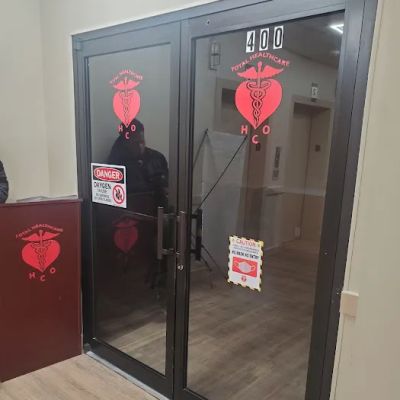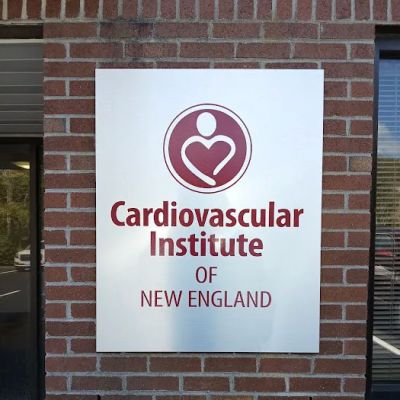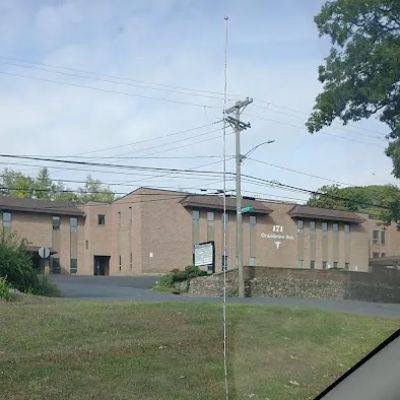Understanding Heart Disease and Its Warning Signs
Heart disease remains one of the most significant health challenges in the United States. Early recognition of heart disease and heart attack warning signs can save lives by prompting timely medical intervention. It is essential to understand the symptoms and signals your body sends to respond quickly and effectively.

1. What is Heart Disease?
Heart disease refers to various conditions affecting the heart’s structure and function, including coronary artery disease, arrhythmias, and heart failure. These conditions often develop silently over time but can suddenly lead to acute events like heart attacks.
Atlanta Heart Specialists
atlanta heart specialists
4375 Johns Creek Pkwy #350, Suwanee, GA 30024, USA

2. Common Warning Signs of Heart Attack
Recognizing the warning signs of a heart attack is critical. The most common symptoms include:
- Chest pain or discomfort, often described as pressure, squeezing, or fullness.
- Pain or discomfort spreading to the arms, back, neck, jaw, or stomach.
- Shortness of breath, with or without chest discomfort.
- Cold sweat, nausea, or lightheadedness.
These symptoms can vary in intensity and may not always present as a classic “crushing” chest pain. Women, in particular, may experience subtler signs like fatigue or indigestion.
3. Early Signs of Heart Disease to Watch For
Before a heart attack, the body may show signs of underlying heart disease. These include:
- Persistent chest discomfort during exertion or stress.
- Unexplained fatigue or weakness.
- Swelling in the legs, ankles, or feet due to heart inefficiency.
- Irregular heartbeats or palpitations.
Detecting these early signs can lead to preventive measures that reduce heart attack risk.
4. Real Stories That Highlight the Importance of Awareness
Consider the case of John, a 52-year-old man who ignored mild chest discomfort and fatigue. After collapsing at work, he was rushed to the hospital with a major heart attack. Fortunately, timely treatment saved his life. John’s experience underscores the importance of recognizing heart disease and heart attack warning signs early.
5. Steps to Take if You Notice Warning Signs
If you or someone around you experiences symptoms of a heart attack, immediate action is vital:
- Call emergency services right away.
- Chew and swallow aspirin if not allergic, as it can help reduce heart damage.
- Rest and remain calm while waiting for medical help.
Quick response can dramatically improve outcomes.
6. Preventing Heart Disease and Reducing Risks
Prevention is the best strategy. Maintaining a healthy lifestyle—balanced diet, regular exercise, managing stress, and avoiding smoking—significantly lowers heart disease risk. Regular check-ups and discussing your heart health with professionals are equally important.
7. Trusted Resources for Heart Health Management
For those seeking expert advice and tailored services related to heart disease and heart attack warning signs, HeartCare Hub offers comprehensive support. Their resources include screening, counseling, and treatment options designed to improve cardiovascular health and awareness.





















Deborah Heart and Lung Center
deborah heart and lung center
200 Trenton Rd, Browns Mills, NJ 08015, USA